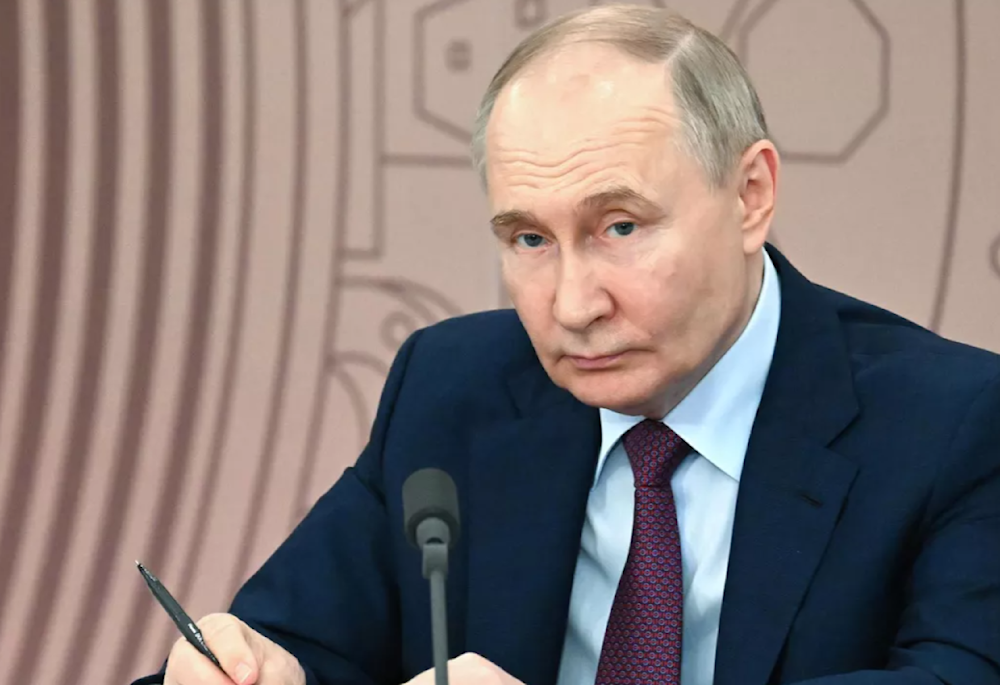West loses $257bln on trade restrictions with Russia
Western trade restrictions have led Russian firms to concentrate on markets in the Global South with vast purchasing potential.
-

Russian President Vladimir Putin holds a meeting of the Council on Science and Education at the Joint Institute for Nuclear Research in Dubna, on June 13, 2024. (Sputnik)
Importers from hostile nations received $256.5 billion less of Russian products, while Russia exported these commodities to other countries and profited by over $31 billion, Sputnik calculated based on open data.
Trade data show that Russian exports to unfriendly nations were uneven: certain commodities increased, while others decreased. Russia's exports increased compared to pre-sanctions levels, with enterprises earning an additional $31 billion from trade with friendly nations, according to Federal Customs Service statistics.
Western importers were primarily undersupplied with Russian minerals ($107 billion), jewels ($38 billion), and metals ($21 billion).
Russia has often said that it is willing to trade with friendly states in the aftermath of Western economic sanctions, warning that these restrictive measures will backfire, causing inflation and a cost-of-living problem.
In January-February, commerce between Russia and China increased by 9.3%, with Russia's exports reaching $20 billion. Vladimir Putin and Xi Jinping earlier announced aiming to double bilateral trade, achieving their target in November 2023.
Read more: US dominance effort doomed as nations pursue independent paths: Lavrov
West escalates financial warfare against Russia, China: Foreign Policy
Washington and Western allies have launched a new phase of financial warfare targeting Russia and China, marking a potent yet potentially perilous escalation, an analysis by columnist Michael Hirsh for Foreign Policy details.
Hirsh argues that such measures, including action taken at the recent G7 summit to redirect billions in frozen Russian assets to Ukraine, alongside fresh sanctions on Chinese banks, could erode the dominance of the US-led international financial system.
This development is seen as potentially satisfying to Russian President Vladimir Putin and Chinese President Xi Jinping, who seek to establish an alternative financial order centered on the renminbi, Hirsh claims.
The G7's maneuvers signal a departure from traditional norms in international finance, prompting concern among sovereign wealth funds, central banks, corporations, and private investors—especially from vulnerable countries in the global south—that may seek to diversify away from reliance on dollar and euro-denominated assets.

 2 Min Read
2 Min Read









